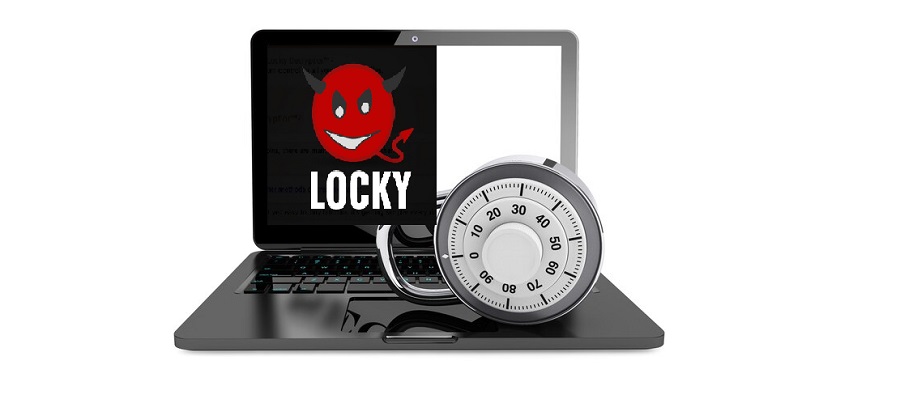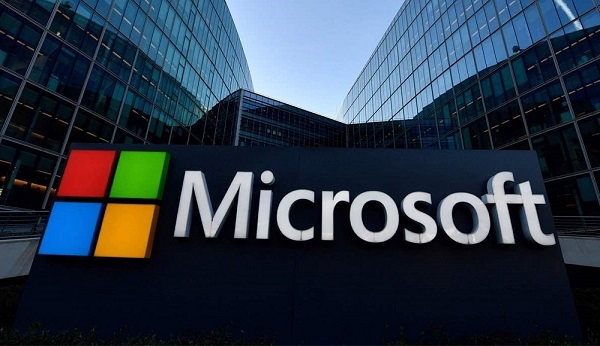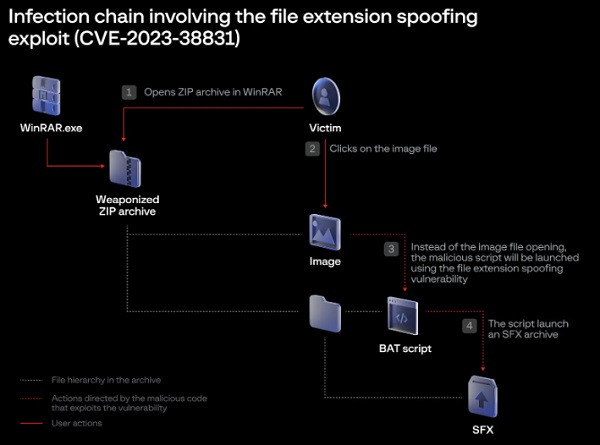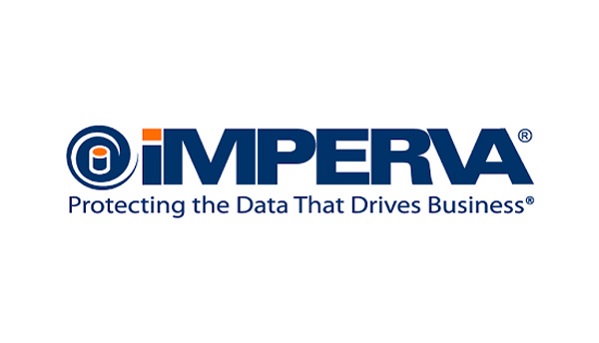What is Locky Ransomware – Latest Hacking Updates
Locky ransomware is a type of malware that was first discovered in 2016. It is a form of ransomware that encrypts files on a victim’s computer and demands payment in exchange for the decryption key. Locky is spread through spam emails, which contain a malicious attachment or a link to a website that downloads the malware.
Once installed on a victim’s computer, Locky encrypts the files on the system and displays a message demanding payment in Bitcoin in exchange for the decryption key. The message also contains a threat that the files will be permanently deleted if payment is not made within a specific time period.
Locky ransomware is named after the file extension it uses to encrypt files, which is “.locky”. The malware uses advanced encryption methods to make the decryption of files nearly impossible without the decryption key. In many cases, victims are forced to pay the ransom to retrieve their encrypted files.
Locky has affected organizations around the world, including hospitals, financial institutions, and government agencies. The attack on Hollywood Presbyterian Medical Center in Los Angeles, which forced the hospital to pay a ransom of $17,000, brought Locky into the public spotlight.
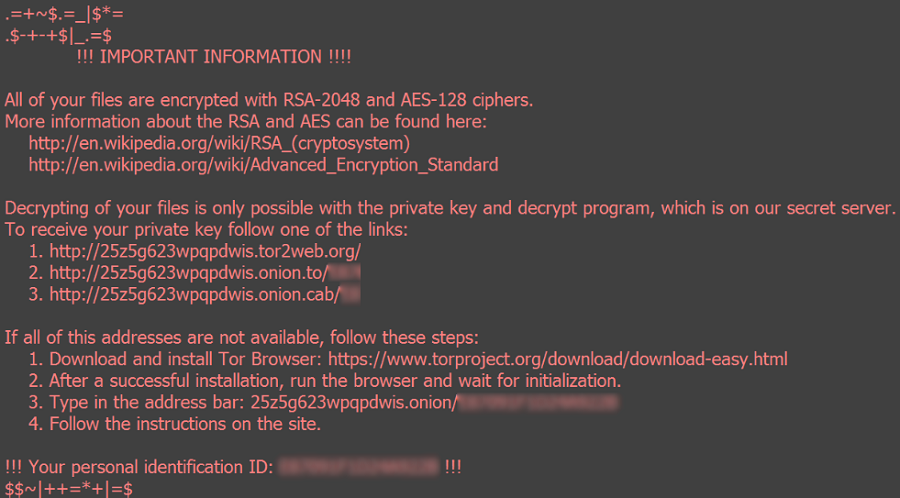
To protect against Locky ransomware, organizations should take steps such as regularly backing up data, updating software and operating systems, and educating users on safe browsing habits. It’s also important to have an incident response plan in place, which can help mitigate the impact of an attack and reduce the risk of paying the ransom.
In conclusion, Locky ransomware is a dangerous form of malware that can cause significant damage to organizations. While the malware is spread through spam emails, it is important for organizations to implement proactive measures such as regular backups, software updates, and user education to protect themselves against Locky and other forms of ransomware.
We hope you found article interesting. For more exclusive content follow us on Facebook, Twitter and LinkedIn

